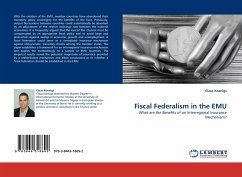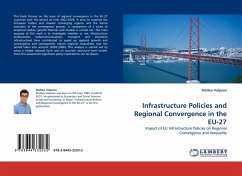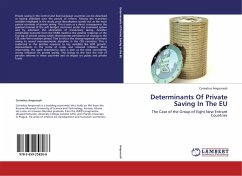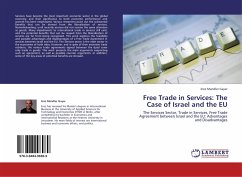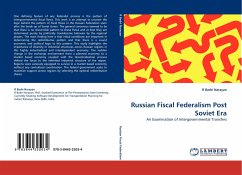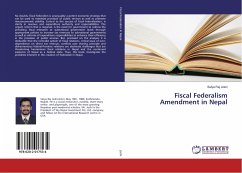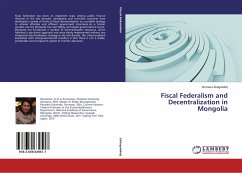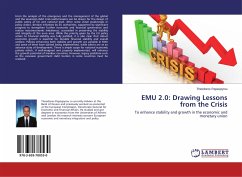With the creation of the EMU, member countries have abandoned their monetary policy sovereignty for the benefits of the Euro. Previously, output fluctuations between countries could automatically be absorbed by an adjustment of the relative exchange rate between the national economies. It is frequently argued that the loss of this channel must be compensated by an appropriate fiscal policy tool to avoid large and protracted regional swings in economic growth and unemployment. A fiscal federation could serve as a centralized insurance mechanism against idiosyncratic, transitory shocks among the member states. The paper establishes a framework for an interregional insurance mechanism and applies the methodology to a sample of EMU countries. The empirical results reveal the potential magnitude of insurance provided by a redistributive mechanism and allow conclusions as to whether a fiscal federation should be established in the EMU.
Bitte wählen Sie Ihr Anliegen aus.
Rechnungen
Retourenschein anfordern
Bestellstatus
Storno

